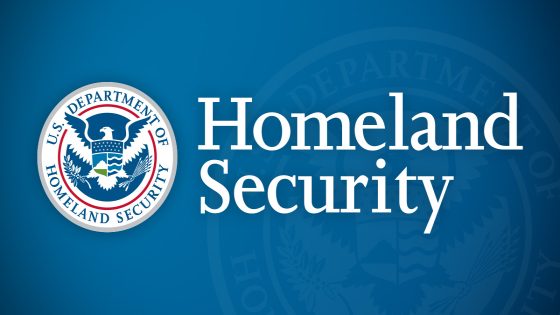On February 21, 2025, in Washington, Secretary Noem announced the termination of Haiti’s Temporary Protected Status (TPS), which will now end on August 3, 2025. This decision reverses an 18-month extension granted by the previous administration and aligns with President Trump’s policies aimed at reducing illegal immigration.
- Secretary Noem vacated Haiti’s TPS extension.
- Haiti’s TPS ends on August 3, 2025.
- TPS allows temporary residency for certain nationals.
- TPS system has been exploited for decades.
- Haitian TPS eligibility has significantly increased.
- Similar action taken for Venezuela TPS extension.
The TPS program allows nationals from designated countries to reside temporarily in the U.S., even if they entered illegally, due to conditions like armed conflict or environmental disasters. Haiti has been under TPS since 2010, and the program has faced criticism for being exploited over the years.
The Temporary Protected Status (TPS) program has been a critical immigration status for many Haitians since its inception in 2010. The program was designed to provide relief to individuals from countries experiencing dire conditions. However, the TPS designation for Haiti has been extended multiple times, leading to a significant increase in the number of eligible Haitians over the years.
Key statistics regarding TPS eligibility for Haitians include:
- 2011: 57,000 Haitians estimated eligible for TPS.
- 2021: 155,000 estimated under the new designation.
- 2024: Estimated eligibility soared to 520,694.
Critics argue that the TPS system has been misused, allowing individuals who entered the U.S. illegally to gain legal status. The decision by Secretary Noem to end the TPS for Haiti is part of a broader effort to reform immigration policies that have been perceived as encouraging illegal immigration. Last month, she also rescinded the TPS extension for Venezuela, indicating a shift in the administration’s stance on temporary protections.
The termination of Haiti’s TPS marks a significant policy shift in U.S. immigration, reflecting ongoing debates about immigration reform and the management of temporary protected statuses. This decision will impact thousands of Haitians currently residing in the U.S. under this status.

































